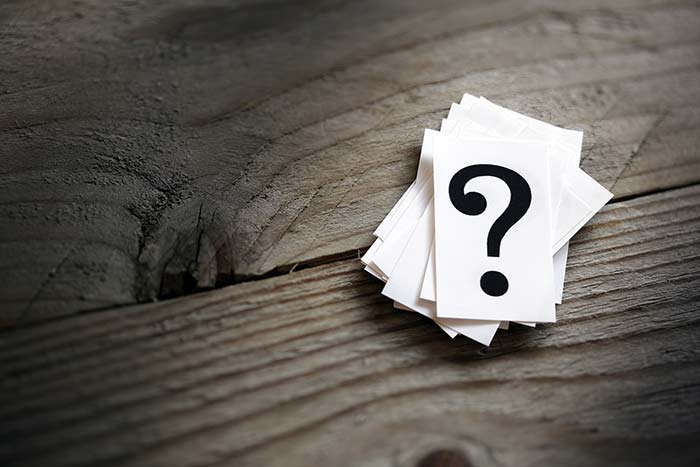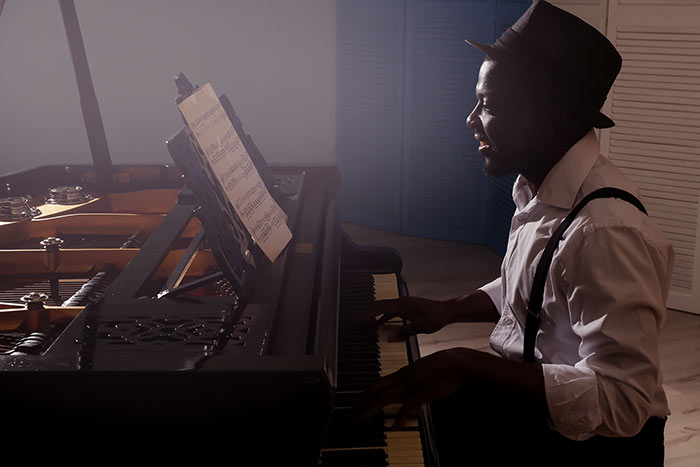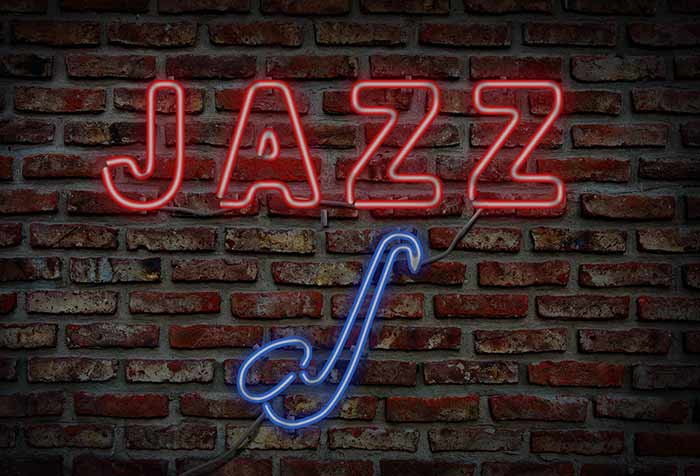Jazz piano is a captivating area of the musical art form, known for its versatility, as well as its affinity with deep improvisation, intricate harmonies, and rhythmic complexity. Learning jazz piano is not merely a task of mastering notes and chords but rather an immersive journey of understanding the language, history, and culture of jazz music.
The question of how long it takes to learn jazz piano is multifaceted, influenced by various factors such as individual aptitude, practise regimen, and exposure to the genre.
This article explores the intricate path of learning jazz piano, emphasising the dedication and perseverance required to unlock its nuances.
Understanding the Fundamentals
Before delving into the detail of learning jazz piano, it’s essential to grasp the fundamentals of music theory and piano technique. A solid foundation in scales, chords, and rhythm provides the necessary framework for navigating the complexities of jazz improvisation.
Beginners may spend several months honing these basics, familiarising themselves with the keyboard and developing their ear for harmony and melody. A background in classical music has often provided transitioning musicians with the necessary skills to pick these crafts up quickly.
Oscar Peterson and Brad Mehldau both were very adept classical pianists with a love of Bach before they trained in jazz, which undoubtedly played a role in them becoming virtuoso jazz improvisers. I cannot stress enough how important the fundamentals are when taking on jazz piano, regardless of later development.
Exploring Jazz Concepts
Once the fundamentals are in place, aspiring jazz pianists embark on a journey of exploration into the unique elements of the genre. This includes studying jazz harmony, learning how to navigate common chord progressions, and delving into rhythmic concepts like swing feel and syncopation.
Understanding jazz theory is an ongoing process that unfolds gradually over time, with students continually expanding their repertoire of chords, scales, and melodic patterns. Picking up these skills comes hand in hand with learning jazz standards.
Different tunes require different knowledge and affinity with the harmony, and thus a jazz musician’s ability to play hundreds of songs from memory in any key is always a sign of someone who has been thorough in this part of the process.
Developing Improvisational Skills
At the heart of jazz lies the art of improvisation – the ability to spontaneously create melodies and solos within the chord sequence of a song. Developing improvisational skills is a significant milestone in the journey of learning jazz and often requires years of dedicated practise. For pianists this is a crucial aspect.
A good jazz pianist should be capable of accompanying other instruments in a band, or as a duo instrument, and also in a solo situation. All of these require the ability to improvise, but in the latter two cases the pianist is required to be fluent in everything they do, in order to maintain dexterity across the keyboard when playing the bass and chords at once.
Students immerse themselves in transcriptions of jazz solos, analyse improvisational techniques of master pianists, and engage in regular jam sessions to refine their improvisational prowess. This is a process that will be ongoing for life, and is one that takes numerous twists and turns over a jazz musician’s life.
Cultivating Musicality and Expression
Beyond technical proficiency, mastery of jazz piano involves cultivating musicality and expression. This entails developing a deep understanding of phrasing, dynamics, and tone colour, allowing pianists to convey emotion and tell a story through their playing.
Achieving this level of artistry is also a long-term pursuit, with musicians continually refining their interpretive skills and seeking inspiration from a diverse range of musical influences. What sets the piano aside from other instruments here is the enormous range of styles there are in the world of jazz piano.
There are extremes of expression in every direction now which jazz pianists have used over the years, and being able to play confidently with a specific style requires 100% fluency to sound convincing.
The Role of Mentorship and Guidance
Throughout the journey of learning jazz piano, the guidance of experienced mentors and teachers plays a crucial role. A knowledgeable instructor can provide valuable feedback, offer personalised instruction, and guide students through the vast terrain of jazz theory and repertoire.
Additionally, collaboration with fellow musicians fosters growth and creativity, as students learn to listen, communicate, and improvise within a musical ensemble. Good jazz instructors always have a vast knowledge of jazz discography, which I have personally found invaluable, as being able to discover inspirational recordings thanks to a teacher’s recommendation saves hours of browsing!
Conclusion
In conclusion, the question of how long it takes to learn jazz piano is not easily quantifiable, as the journey is as much about the process as it is about the destination. While some may make rapid progress, others may take years to develop their skills and find their voice as jazz pianists.
An experienced musician with prior knowledge of classical theory can pick up jazz to performance standard in a couple of months. New musicians will find themselves learning the technical aspects of playing the piano, which is not an overnight process.
All people who begin learning jazz piano will invariably find themselves learning a language that is incomparable to anything they have experienced elsewhere. What remains constant, however, is the dedication, passion, and perseverance required to master this rich and rewarding art form.
As pianists navigate the complexities of jazz harmony, improvisation, and expression, they embark on an enriching journey of self-discovery, creativity, and musical exploration.
Ultimately, the time it takes to learn jazz piano is secondary to the profound experience of embracing the beauty and spontaneity of jazz music, and for dedicated musicians will become a lifelong journey.
Do you want to get started with jazz piano and learn the secrets of improvisation?
Get started with jazz piano lessons at London Piano Institute or online at Online Piano Institute.







![Man playing piano while the other man watches-] him feat](https://www.londonpianoinstitute.co.uk/wp-content/uploads/2024/02/man-playing-piano-while-the-other-man-watches-him_feat.jpg)



